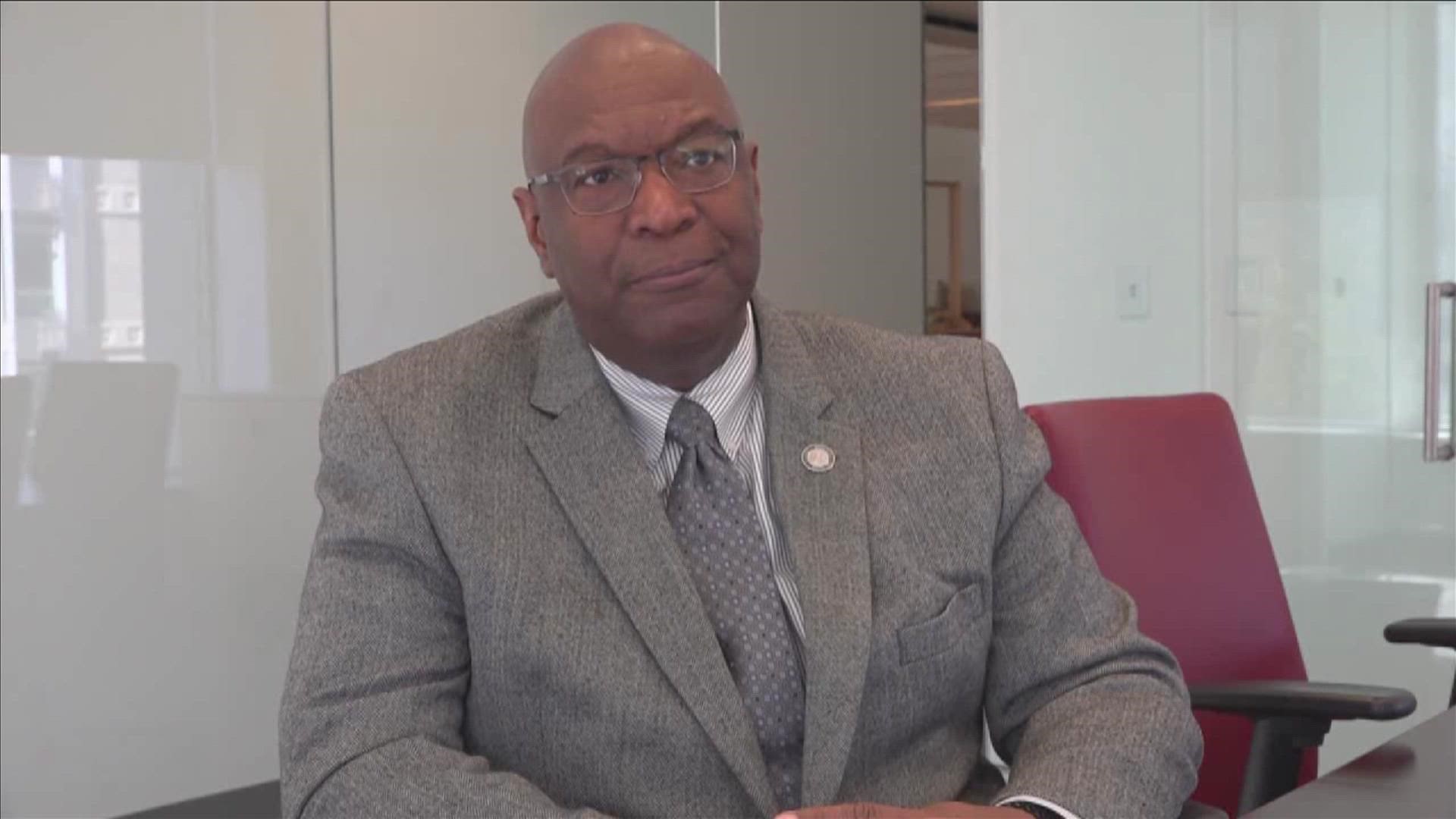MEMPHIS, Tenn. — Combatting juvenile charges has been a problem in Shelby County for the past few years.
Between 2017 and 2019, officials reported an average of 1,000 serious juvenile charges each year. However, in 2020, that number decreased by 20%. Shelby County Mayor Lee Harris recently appointed Reginald Milton as Deputy Administrator of Education and Youth and he has plans for youth violence prevention.
“Many of these young people need contact with people that they can respect, people they can listen to, people that can guide the people that they trust,” Milton said.
“We need to be talking with those experts on the ground of what it would take to make the difference and look at those and see what we can do within our budget, within our manpower. And see how we can make those things happen. Let me make it clear, I am open to ideas. I’m open to any idea we can do to address these issues.”
The founder of The BRAIN Center, Dr. Eraina Schauss, created it as a partnership between the University of Memphis and Le Bonheur Children’s Hospital to provide mental health services to pediatric trauma patients.
“Mental health services in general in Memphis is such an underserved community, unfortunately,” Schauss said. “Meaning that access to mental health is very hard to get and when we’re living in a community that has a lot of community violence, we need to have violence intervention programs. Now, that needs to start early and it needs to start in the schools.”
“I think especially when you’re dealing with the African American community, access to useful, understandable and timely information is hard to get in the urban community.” Milton said. “What I want to do is use this position as well to reach out to the community, explain to them the services that are available. It means nothing to have these services and people don’t know you have them to utilize.”
Dr. Schauss said resources and political backing are the keys to making the changes necessary to keep kids out of the criminal system and improve the services that do exist.
“Those of us that are on the ground providing the services really need kind of the support and backing from policymakers, legislators, people that have a lot of influence in terms of political clout and support behind these kinds of initiatives so that our programs can keep growing and keep doing the work and we can serve more people than we can currently provide services for,” Schauss said.
Financial support is exactly what Milton is planning to bring to the table.
“I will be looking for every nickel and dime I can find to direct to the services that I plan to do,” Milton said.
He also mentioned it’s important for the community to hold their leaders accountable and to reach out to your leaders if you feel your community is being overlooked.

